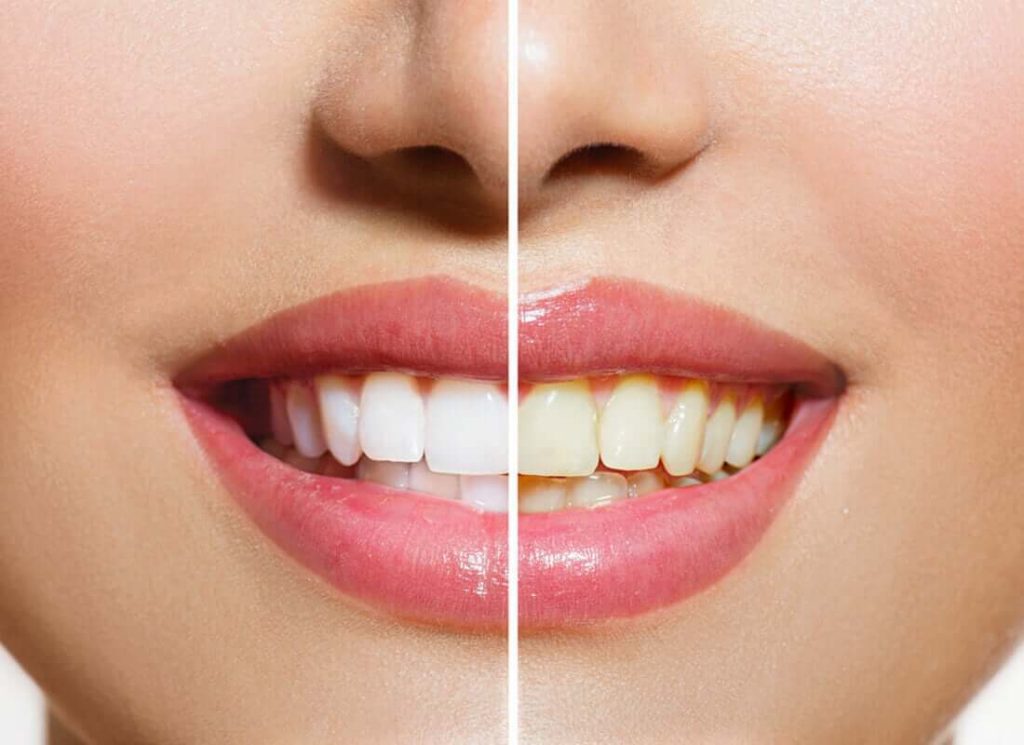One of the most common questions people ask before undergoing any whitening treatment is, “How long does teeth whitening last?” The answer depends on the type of treatment used, your lifestyle habits, and how well you maintain your oral hygiene after the procedure. While teeth whitening isn’t permanent, the effects can last anywhere from a few months to several years with the right care. Understanding the factors that affect Teeth Whitening longevity can help you make informed choices and extend the brightness of your smile.
Duration Based on Whitening Method:
Different whitening methods provide varying results in terms of longevity. Professional treatments generally last longer than over-the-counter or natural alternatives. Here’s what to expect from each:
- In-office professional whitening: Results can last 1 to 3 years with proper care
- Custom take-home trays from a dentist: Lasts 6 months to 1 year with consistent use
- Whitening strips or OTC gels: Typically last 2 to 4 months
- Whitening toothpaste: Offers short-term stain removal, needs daily use
- Natural remedies: Minimal results with inconsistent longevity
The method you choose should align with your goals and commitment to maintenance. Dentist-supervised treatments provide both safety and long-term effectiveness.
Lifestyle Habits That Impact Longevity:
Your day-to-day habits significantly influence how long your whitening results last. Certain foods, drinks, and behaviors can stain teeth faster, while others can help preserve brightness. To extend your results:
- Avoid coffee, tea, red wine, soda, and colored sauces
- Don’t smoke or use tobacco products, which cause heavy staining
- Rinse or brush after consuming stain-prone foods and beverages
- Use a straw to minimize direct contact with colored drinks
- Maintain a balanced diet rich in water, fruits, and crunchy vegetables
Making small changes in your lifestyle can prevent premature staining and help your teeth stay whiter longer.
Oral Hygiene for Long-Lasting Results:
Good oral hygiene plays a vital role in maintaining your teeth’s whiteness over time. A clean mouth helps prevent plaque buildup, which can dull the appearance of your teeth. Focus on the following practices:
- Brush at least twice daily using a whitening or fluoride toothpaste
- Floss daily to remove plaque between teeth and prevent discoloration
- Use an antibacterial or whitening mouthwash to kill stain-causing bacteria
- Replace your toothbrush or electric brush head every 3 months
- Schedule dental cleanings every 6 months to remove surface stains
Consistent dental care ensures your whitening results last longer while protecting the health of your teeth and gums.
When to Touch Up Whitening Treatments?
Even the best whitening treatments will eventually fade, but regular touch-ups can help maintain brightness without starting from scratch. Timing and method matter:
- For in-office whitening, touch-ups may be needed once a year
- Take-home trays can be reused every few months with your dentist’s guidance
- Whitening strips can be reapplied every 3–6 months depending on the brand
- Avoid frequent overuse, which can weaken enamel or increase sensitivity
- Monitor your results and consult your dentist before re-whitening
Touch-up plans should be customized based on your original treatment and lifestyle to avoid over-bleaching while still preserving your smile.
Factors That Affect Whitening Duration:
Several personal and environmental factors determine how long Teeth Whitening treatment will last. These include:
- Genetics: Natural enamel thickness and shade vary from person to person
- Age: Older teeth are more porous and may discolor faster
- Oral health conditions: Gum disease or enamel erosion can affect results
- Medications: Certain antibiotics or mouth rinses may stain teeth
- Frequency of dental care: Regular cleanings help prolong whiteness
Being aware of these influences allows you to take proactive steps and adjust your whitening maintenance plan accordingly.
Final Thoughts on Whitening Longevity:
So, how long does teeth whitening last? The answer is truly dependent on the method used and how well you maintain your results. With professional treatments and good oral hygiene, your brighter smile can last up to three years. On the other hand, less intensive methods may require more frequent touch-ups. By avoiding staining habits, sticking to a dental routine, and working with your dentist, you can enjoy a whiter smile that stays radiant for as long as possible.





Comments